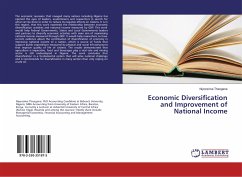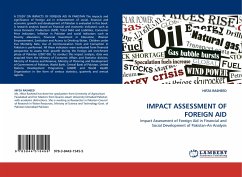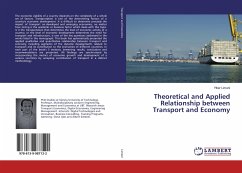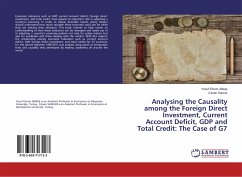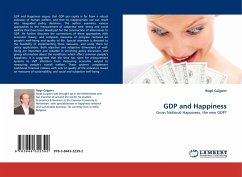
GDP and Happiness
Gross National Happiness, the new GDP?
Versandkostenfrei!
Versandfertig in 6-10 Tagen
32,99 €
inkl. MwSt.

PAYBACK Punkte
16 °P sammeln!
GDP and Happiness argues that GDP per capita is far from a robust indicator of human welfare, and that its inappropriate use can result into misguided policy decisions. The author examines various approaches to the measurement of subjective well- being and social welfare that have been developed for the construction of alternatives to GDP. He further discusses the connections of these approaches with economic theory, and compares measures of progress centered on people's well-being and quality of life. Special attention is devoted to the feasibility of implementing these measures, and using th...
GDP and Happiness argues that GDP per capita is far from a robust indicator of human welfare, and that its inappropriate use can result into misguided policy decisions. The author examines various approaches to the measurement of subjective well- being and social welfare that have been developed for the construction of alternatives to GDP. He further discusses the connections of these approaches with economic theory, and compares measures of progress centered on people's well-being and quality of life. Special attention is devoted to the feasibility of implementing these measures, and using them for policy applications. Both objective and subjective dimensions of well-being are important and valuable in enriching policy discussion, and giving information about the conditions which affect common people's happiness. It is suggested that the time has ripen for measurement systems to shift attention from measuring economic output to measuring people's overall welfare. These systems complement traditional financial indexes with sets of quality of life indicators based on measures of sustainability, and social and subjective well-being.



